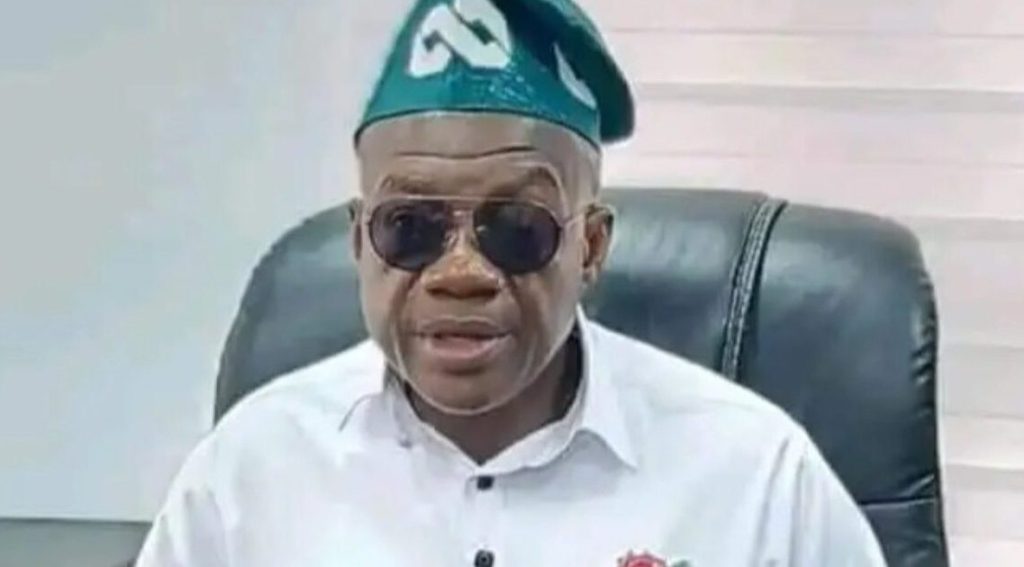In a recent development in Nigerian politics, Chief Tony Okocha, the beleaguered chairman of the Rivers State All Progressives Congress (APC), made significant admissions regarding his participation in election rigging during the administration of former Governor Rotimi Amaechi. Serving as Chief of Staff from 2007 until 2015, Okocha’s revelations have stirred considerable controversy and cast a shadow over the electoral processes in Rivers State. These admissions emerged during a Channel TV interview where Okocha addressed his past as well as ongoing political dynamics within the party in Rivers.
The political landscape for the Rivers APC underwent a dramatic shift following a ruling by a High Court in Port Harcourt. Justice Sika Aprioku presided over the case that led to Okocha’s ousting as the Caretaker Committee chairman of the party. The court reinstated Chief Emeka Beke, who had been previously removed by the national leadership of the APC. This decision reignited tensions within the party and underscored the fractious nature of party politics in the region. It highlights the power struggles and legal battles that are frequently characteristic of the APC in Rivers State.
Amidst the legal turmoil, Okocha’s claims of widespread election rigging have implications that extend beyond his personal circumstances. His accusation that others within the party, including Beke, were complicit in the electoral malpractices suggests a deeper culture of corruption and misconduct within the ranks of the APC in Rivers State. Such admissions could further erode public trust in the political system and raise questions about the integrity of elections in Nigeria, particularly at the local government level where these alleged rigging activities occurred.
The turmoil within the Rivers APC is indicative of broader issues faced by political parties in Nigeria. With power struggles, legal challenges, and allegations of corrupt practices, the situation serves as a reminder of the numerous challenges that impede transparent and democratic governance. Okocha’s candid confirmation of election rigging reflects a troubling aspect of Nigeria’s political culture, where the ends often justify the means in the pursuit of power. As politicians struggle for control, the implications for ordinary citizens, who depend on fair elections and accountable leadership, remain significant.
As the Rivers APC navigates through these internal conflicts, the national leadership’s response will be critical in determining the future direction of the party. Okocha’s assertion of support from the APC National Working Committee reveals potential factional lines within the party that could further complicate resolution efforts. The reinstatement of Beke and the implications of Okocha’s admissions may lead to a recalibration of party strategies as factions seek to solidify their positions and respond to the fallout from the ongoing political drama.
The evolving situation in Rivers State exemplifies the contentious nature of Nigerian politics, marked by accusations of misconduct, internal strife, and legal entanglements. As parties like the APC grapple with maintaining integrity amidst the challenges posed by figures like Okocha, the reflections on the political process in Nigeria continue to raise critical questions about accountability and ethics in governance. In the face of such revelations, the need for comprehensive electoral reform and a commitment to transparency emerges as a pressing issue that must be addressed to restore public confidence in the political system.














